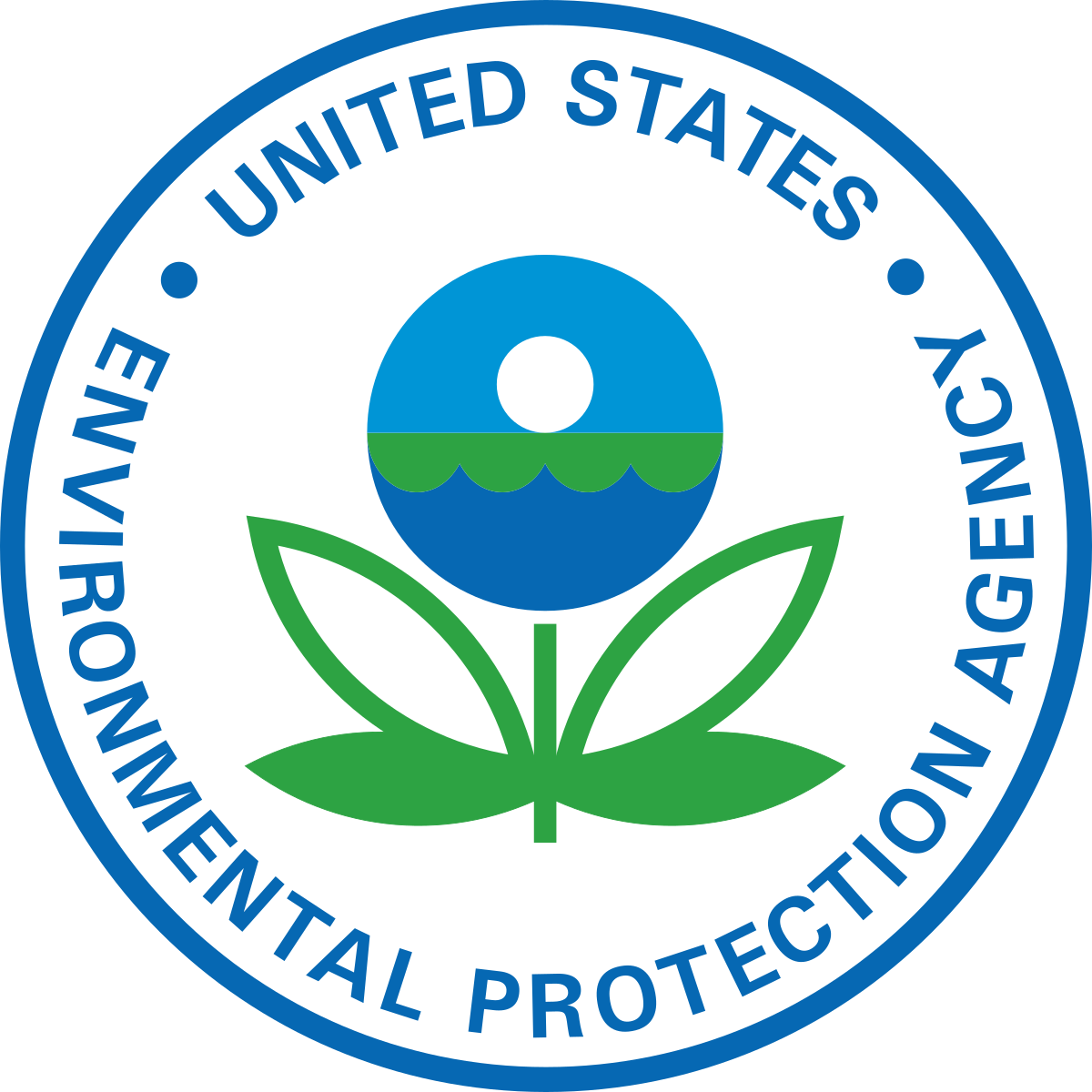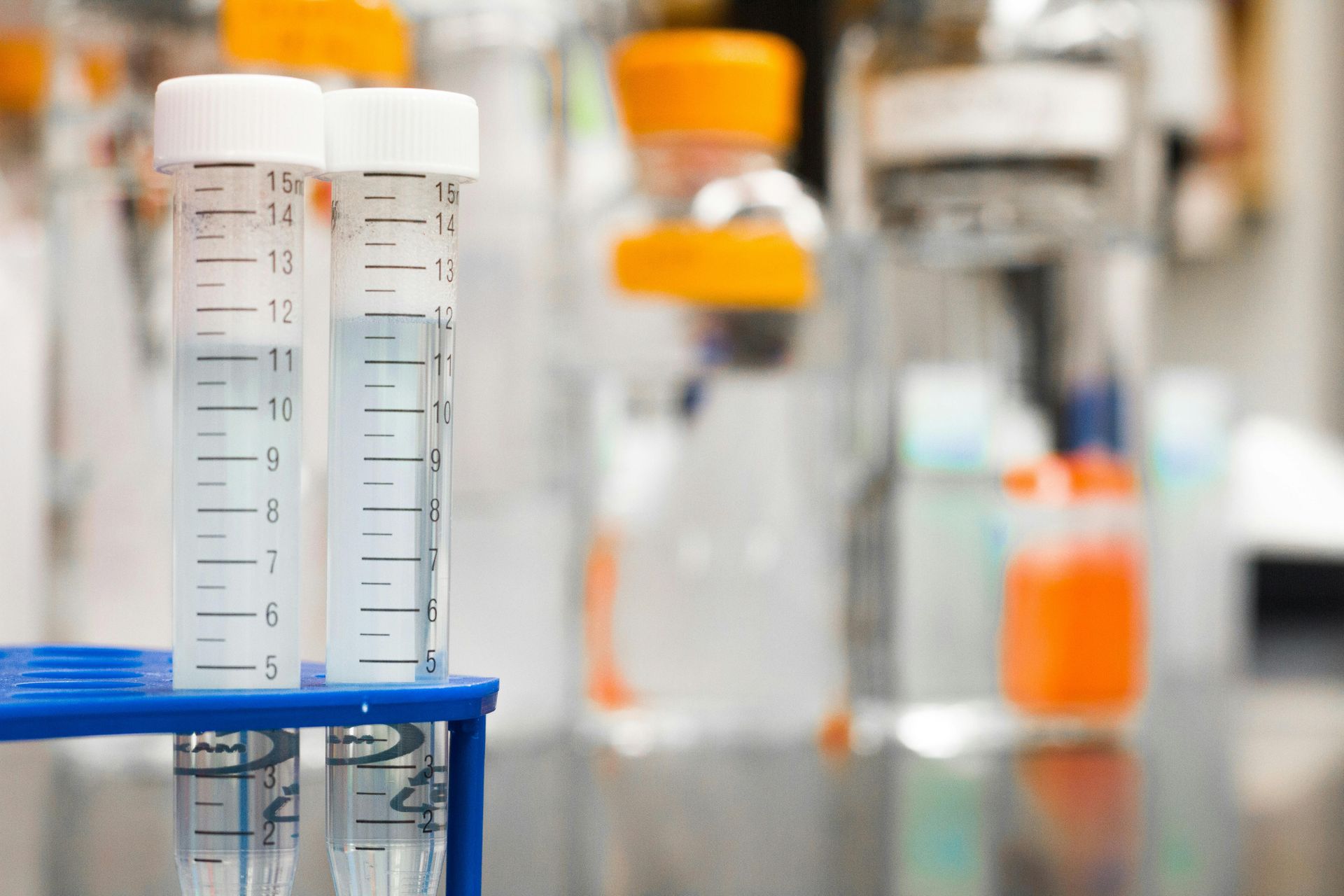Plastic Industry Highlights Opportunities to Remake Durable Goods at End-of-Life
Nearly 60% of the plastic produced in North America stays within the region for use in durable goods. However, to move towards a circular economy where plastics are reused rather than discarded, it's crucial to find effective end-of-life solutions for these materials.
The American Chemistry Council’s (ACC) Plastics Division has released a roadmap aimed at guiding policymakers, business leaders, and the public on adopting more sustainable practices for handling durable goods at the end of their life cycle. This roadmap focuses on five key sectors: automotive, building and construction, electronics, infrastructure, and medical.
Input from over 100 participants from various sectors helped shape the recommendations outlined in the roadmap. According to Gina Oliver, senior director at ACC, there's a growing demand for circular and sustainable business practices. The roadmap provides guidance for creating conditions conducive to adopting more sustainable approaches, which not only benefits businesses by reducing costs but also helps in conserving natural resources and protecting the environment.
Key themes highlighted in the roadmap include the necessity of designing products and their components for easy disassembly, separation, repair, and recycling. Additionally, advanced recycling methods are emphasized, as they can handle a broader range of plastics compared to traditional mechanical recycling.
Standards, methods, and certification programs are deemed essential to facilitate the transition towards a more circular economy for plastics, ensuring that durable products are designed with recycling in mind. Moreover, the roadmap underscores the importance of initiating pilot programs to evaluate the technical and economic feasibility of separating, sorting, and recycling durable plastics at the end of their life cycle, similar to the partnership between ACC and Oak Ridge National Laboratory.
Source: American Chemistry









